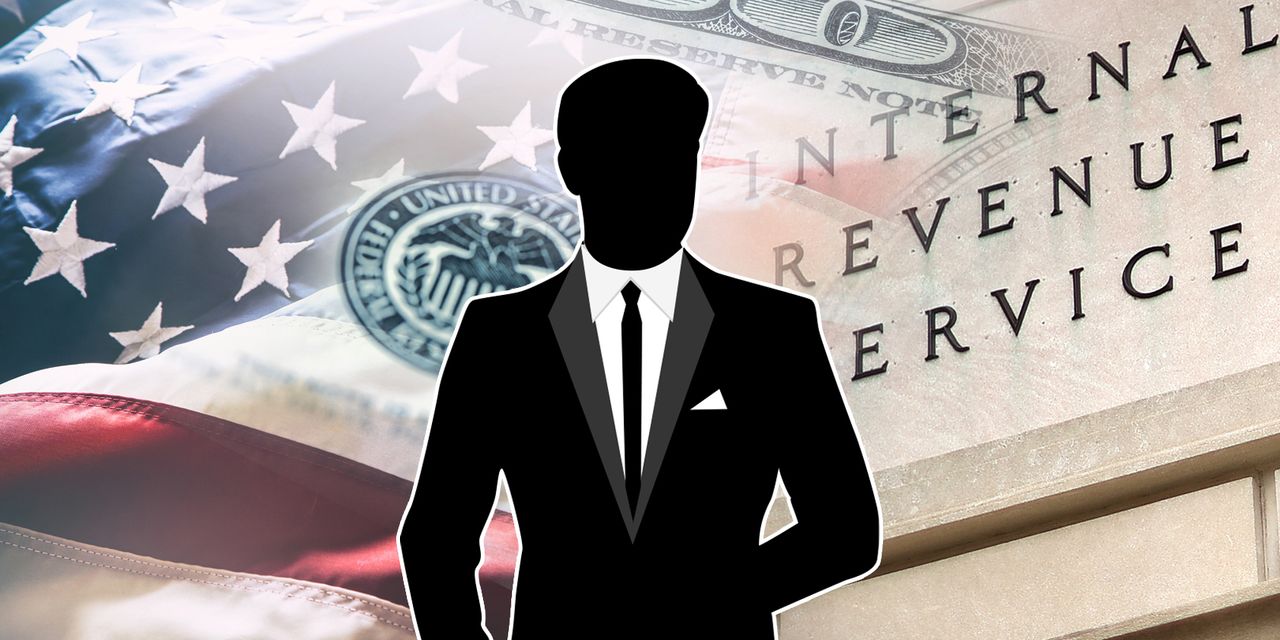We gave our daughter money towards a down payment on a home and learned we had to file a gift tax return. Our accountant charged us $486 for this. Why can’t you just add a form to your regular tax return? What is so complicated that it would cost so much?
P.S. There is no legwork involved except for inputting the amount and to whom into a form. As we were charged $987 for filing our return, I am amazed at this fee!
Dear Sticker shocked,
I’ll begin my answer with questions.
A mechanic informs you that your car needs a new air filter, brake pads or some other important-sounding repair. The cost will be north of $500. What do you do?
A plumber arrives to fix a slow-working drain at your house and discovers a leaky pipe connection that’s slowly seeping water into your walls. The job quote is around $750. What do you do?
A doctor advises a medical procedure and your deductible kicks in after the first $1,000. What do you do?
Like a taxpayer who pays an accountant’s fee, the person who pays for all these services needs the job done right and is trusting an expert with specialized knowledge to perform quality work.
Furthermore, determining the price of quality work is tricky in the absence of widely known, easily accessible going rates.
And it gets even trickier in the midst of four-decade high inflation rates that are ballooning the cost of goods and services. Tax preparation fees are no exception, industry experts say.
So it’s difficult for me to definitively say you are or are not getting reasonably charged for this gift tax return. Likewise, it’d be tricky to give a crisp ‘yes’ or ‘no’ if you asked about the price of car repairs, plumbing or medical procedures.
That’s not a punt. It’s a preface for what’s next.
‘You bought the knowledge’
The IRS says, generally, any gift could be taxable. But there’s “many exceptions to this rule” and one of those examples is the annual gift tax exclusion. For 2022, the exclusion applies to gifts (cash or otherwise) valued up to $16,000 per each recipient. For gifts beyond that value, the donor has to file a gift tax return, known as Form 709.
“The [certified public accountant] is going to have to go through the due diligence process. It’s not so simple as it appears,” said Edward Karl, vice president of tax policy and advocacy with the American Institute of CPAs.
Karl said the posed questions could include whether there are other gifts that have to be reported? If the gift is property, what’s the valuation? By statute, the gift tax return has to be filed separate from the regular income tax return, Karl noted.
But is $486 an overcharge?
“I can only give you my gut reaction and the answer is no,” Karl said. The fee “seemed pretty low to me.” It’s tough to estimate what an average cost would’ve been for the work, he said. As for the income tax return, Karl said he knows of some accountants who start with $1,000 and $2,000 fee minimums.
Wait, I got a second opinion.
“That sounds a little bit above, by $100 to $150,” said Tom O’Saben, director of tax content and government relations at the National Association of Tax Professionals.
But O’Saben quickly noted prices range from region to region, even from one tax practitioner to the next in the same region. Like Karl, O’Saben emphasized tax preparation goes far beyond putting numbers in boxes.
“It’s the complexity of the law, not the ease in which it takes put on a form,” he said. “You bought the knowledge.”
Inflation’s toll on tax prep
The preparation of individual and non-business tax returns for tax year 2021 cost an average $160, according to IRS estimates found deep inside income tax return instructions. For business returns, the average was an estimated $470. The IRS acknowledges the chance for “significant variation” within those estimates.
Meanwhile, the Labor Department’s monthly inflation data tracks the cost increases on eggs, sewing machines, airfares and much more. At the bottom of its list is “Tax return preparation and other accounting fees.” The problem is there’s sparse Labor Department numbers for this expense and the list indicates any data comes from smaller sample sizes.
So industry-wide price points are hard to nail down, but Karl and O’Saben say inflation is creeping into fees. In O’Saben’s own tax preparation work as an enrolled agent, the firm he works for hasn’t raised costs in years. But it’s determining whether to assess a 5% to 8% fee increase in line with inflation, he noted.
Industry wide, there’s rising labor costs to keep the staff, software costs and overhead costs for office utilities, supplies and rent. Of course, some tax professionals may be in large firms with big back offices and commercial leases while others are solo practitioners doing the work from a home office.
‘Shop it’
It’s long been common for taxpayers to complain to their preparer that the fee is too high, O’Saben noted. While they’ll pay this time, what happens next is the person saying that’s the last time they’ll be coming back.
Perhaps that’s how you want to handle it: pay the costs to move on with your life and ask around for the future. I’ll bet many people are going to share your cost-conscious conundrum as this tax season approaches.
But remember, you’re paying for the trust your own tax guy or gal will have the savvy to spot the issues and know what data to track down and what form to complete. You’re also paying for a relationship. What if the IRS sends you a letter months or a year from now, and it’s curious about the gift tax return?
If you choose to shop for the future, there’s a couple tactics. One is simply calling around and asking for prices, O’Saben said. Be ready for some to offer and some to decline, he added.
Another idea is asking trusted friends, relatives or colleagues if they use a particular person or firm, Karl said. A good question is asking how a professional charges: Is it a flat fee? An hourly fee? A fee that escalates based on the return’s complexity? (Avoid contingency fees that take a percentage of the refund size, Karl advises.)
So we’re back at the start. I’m not passing judgment on the fee’s fairness and I’m not saying you should or shouldn’t stick with your person in the long run. I’m saying there’s a lot cooked into the cost.
“If they feel like the price is excessive, they should shop it,” O’Saben said. “But is it worth the relationship? It’s really, really difficult to value services when it’s so based on relationships and trust.”
Got a tax question? Write me at: [email protected]
Thanks for reading. I want to help you think more broadly about the issues that affect your taxes. I’m not offering tax advice, just an attempt to look at what the swirl of tax rules and economic conditions could mean for your wallet.
I’m here for the reader who faces their taxes with an air of resignation. You’re just not that into taxes, I get it. I was once that guy. Underneath the jargon, think of your taxes like a maze — with money at the end. Or a trap that you need to avoid.
Read the full article here










